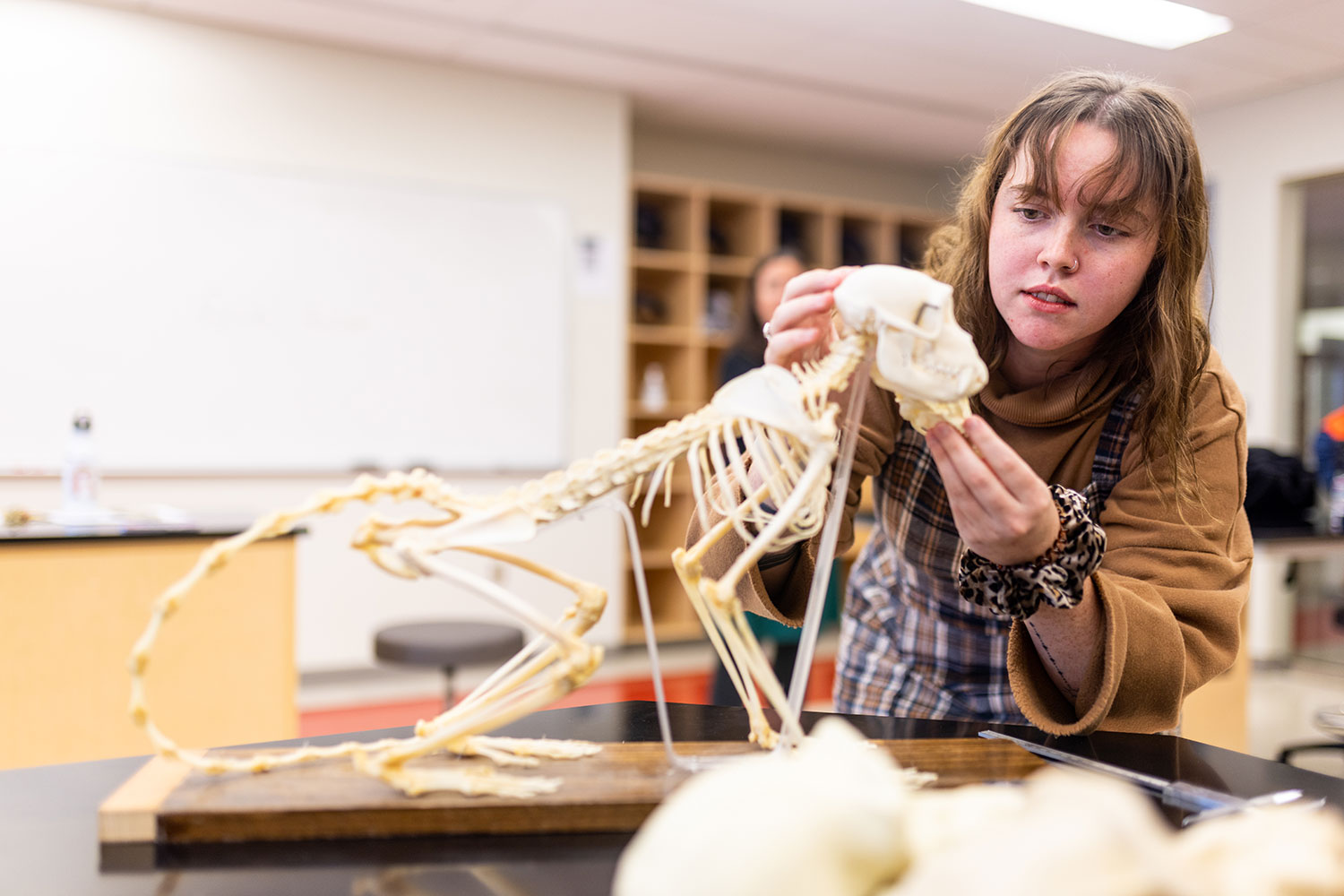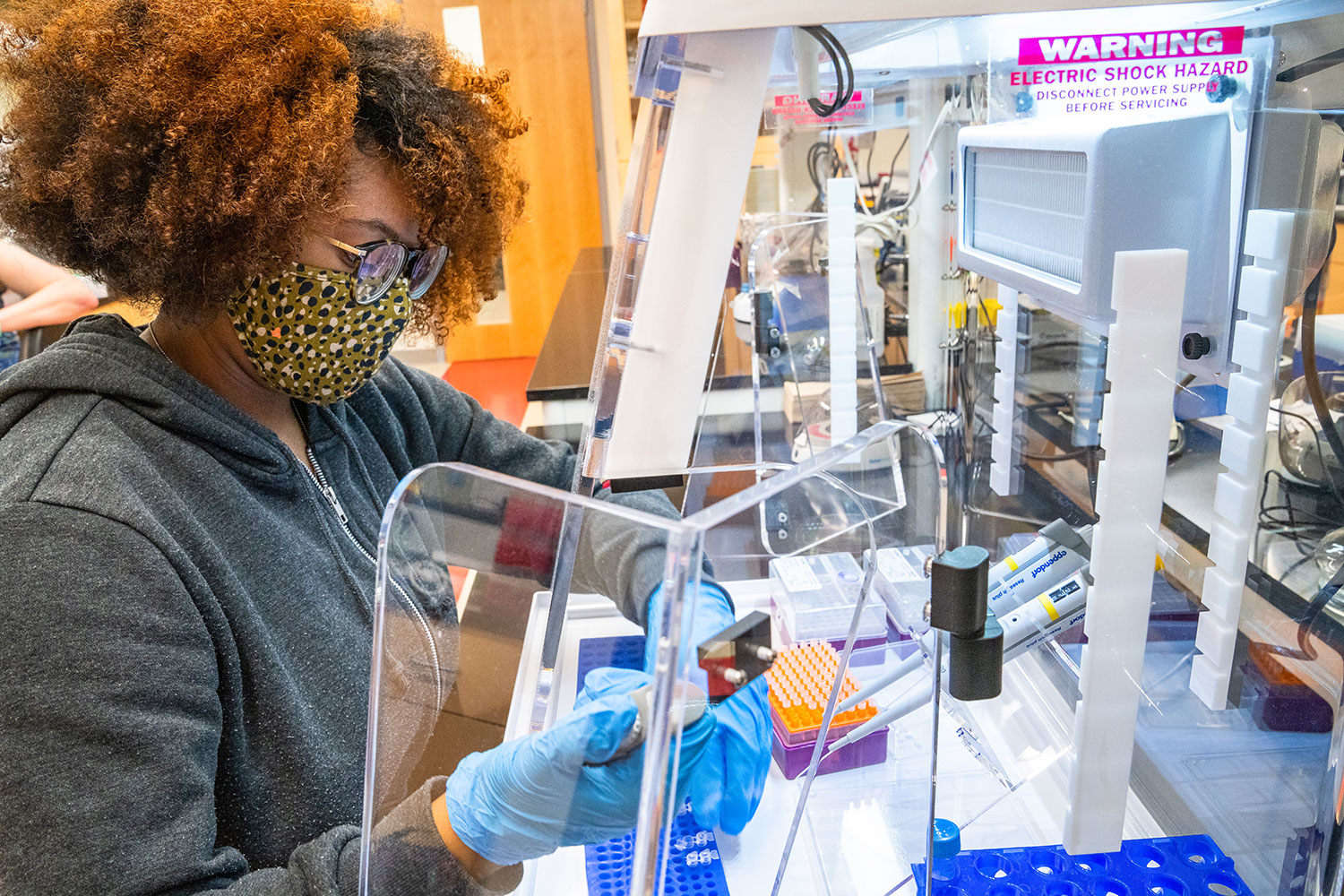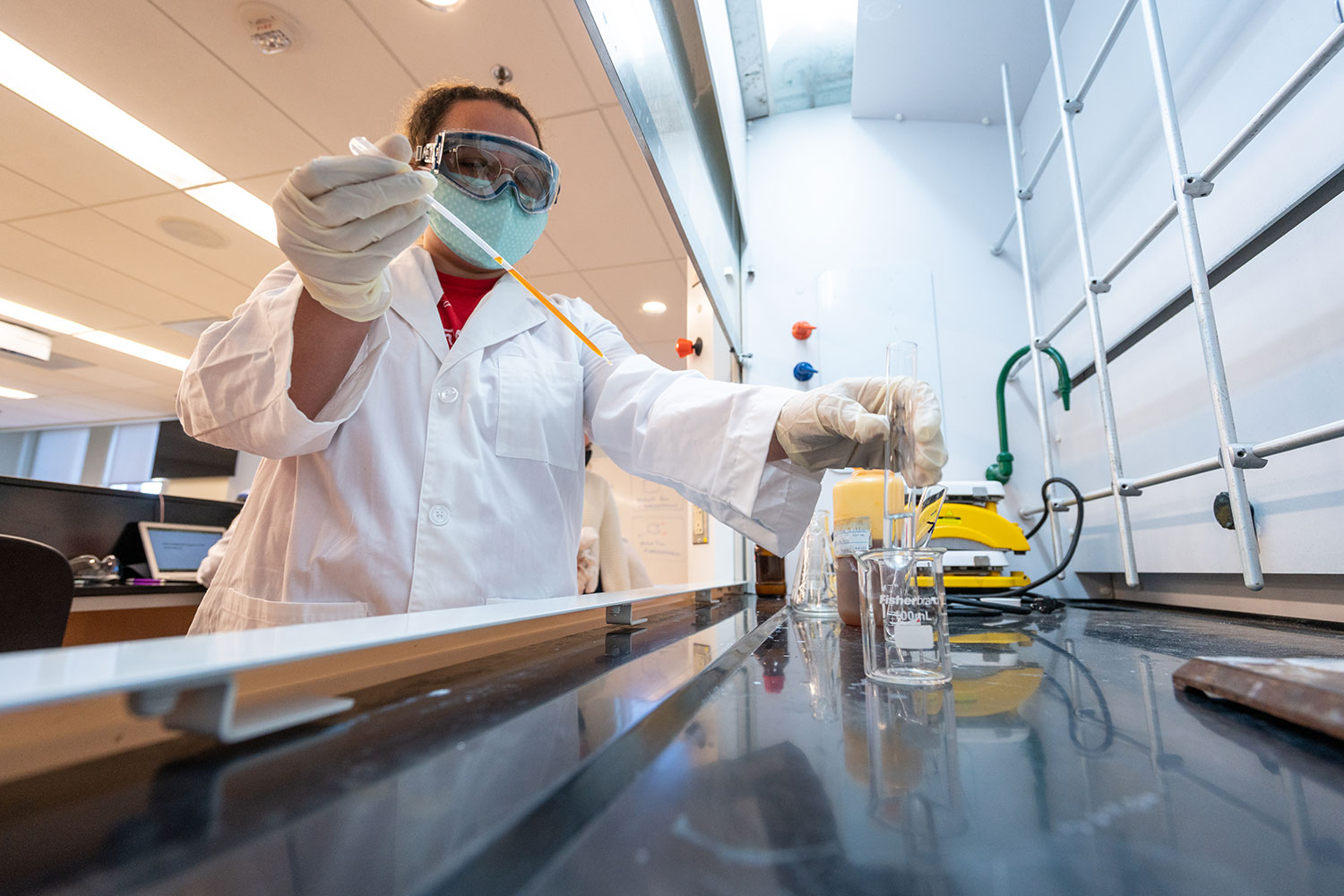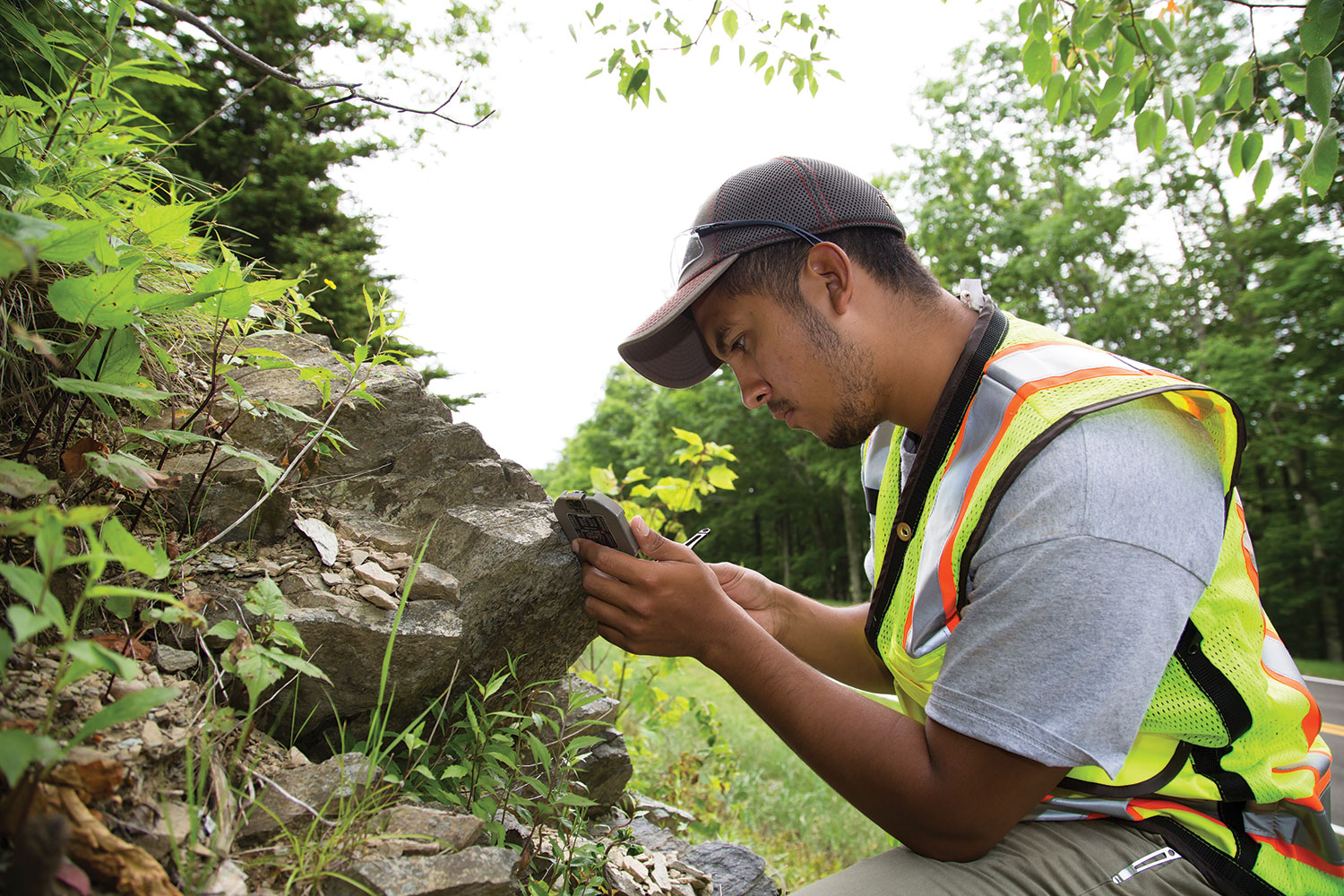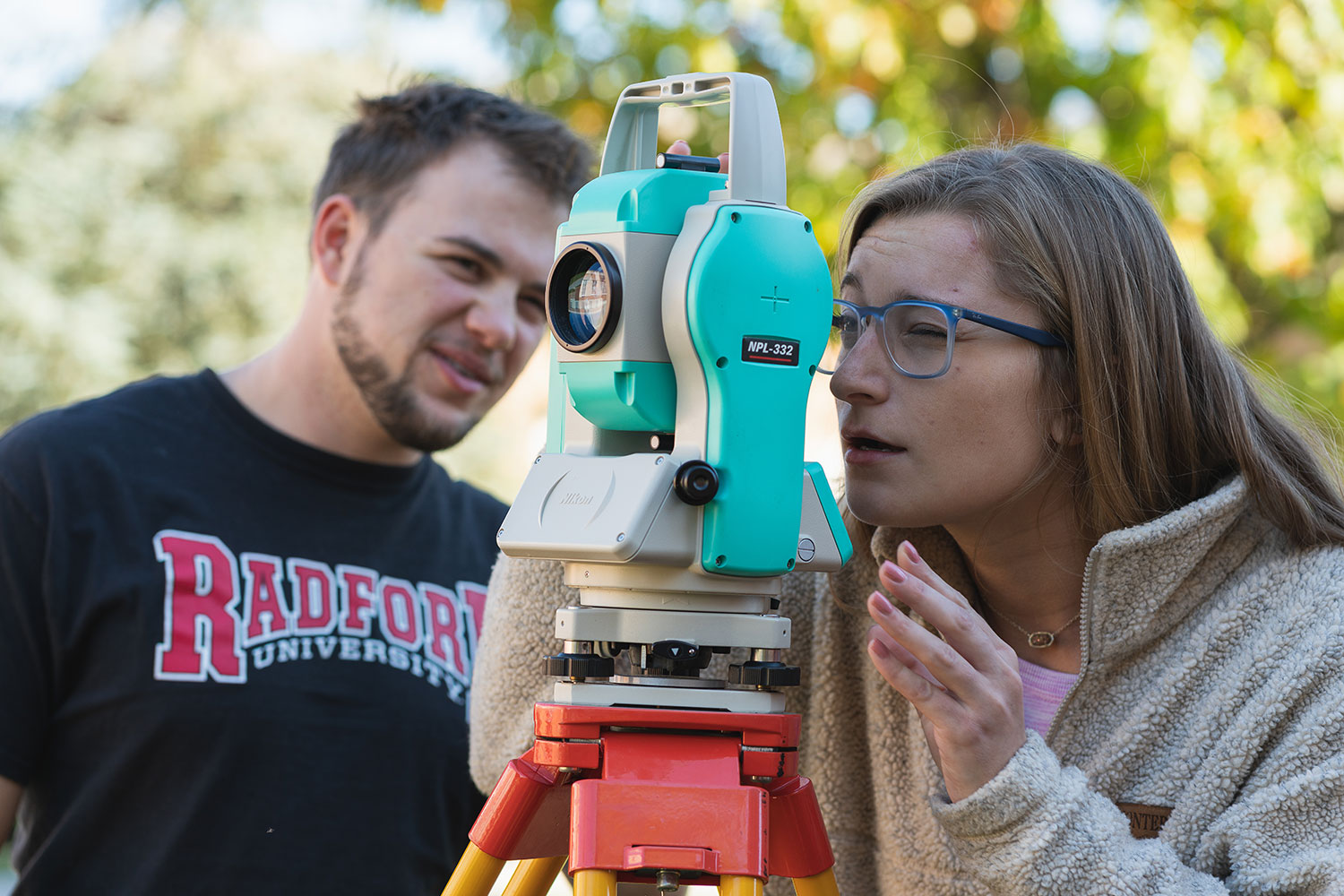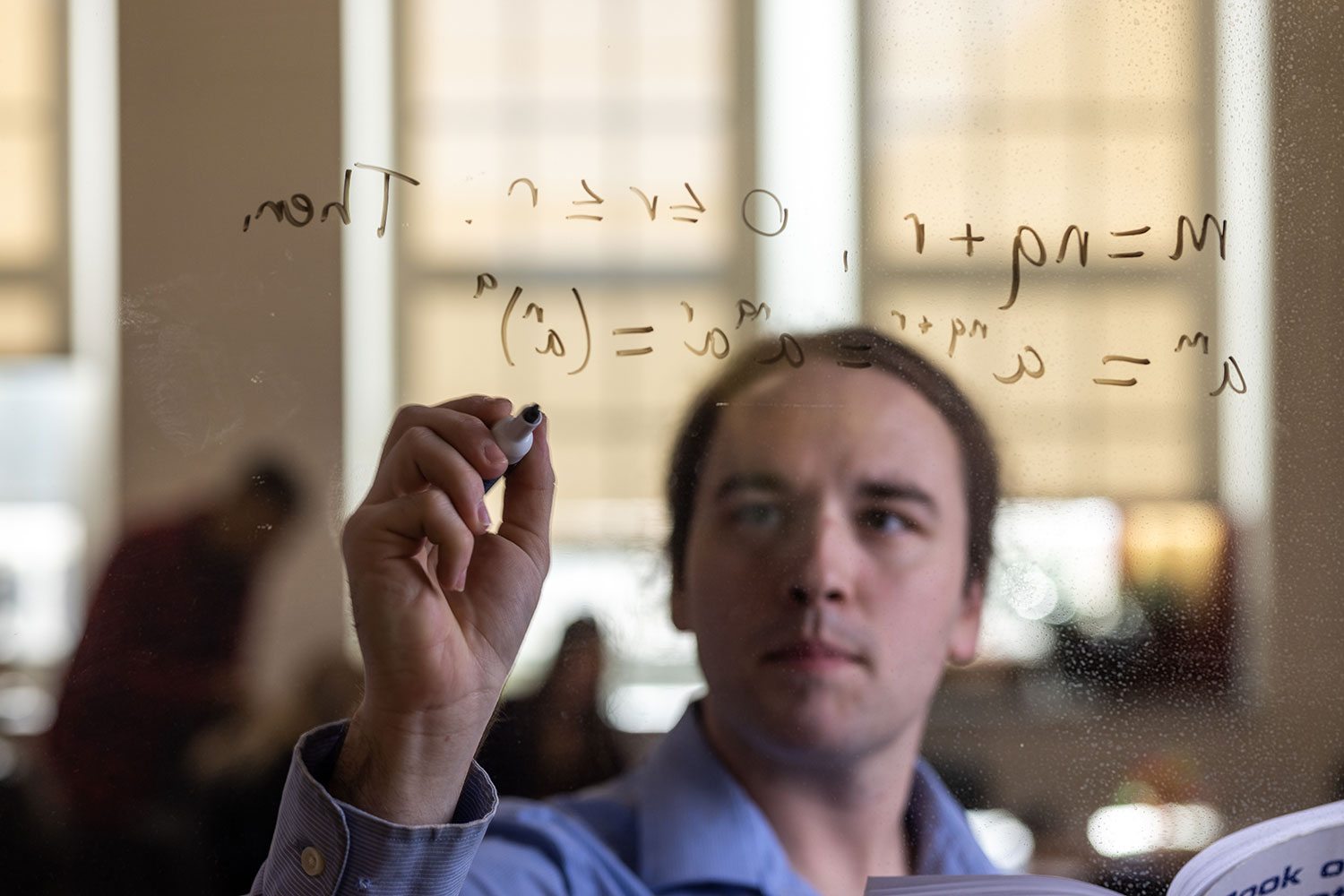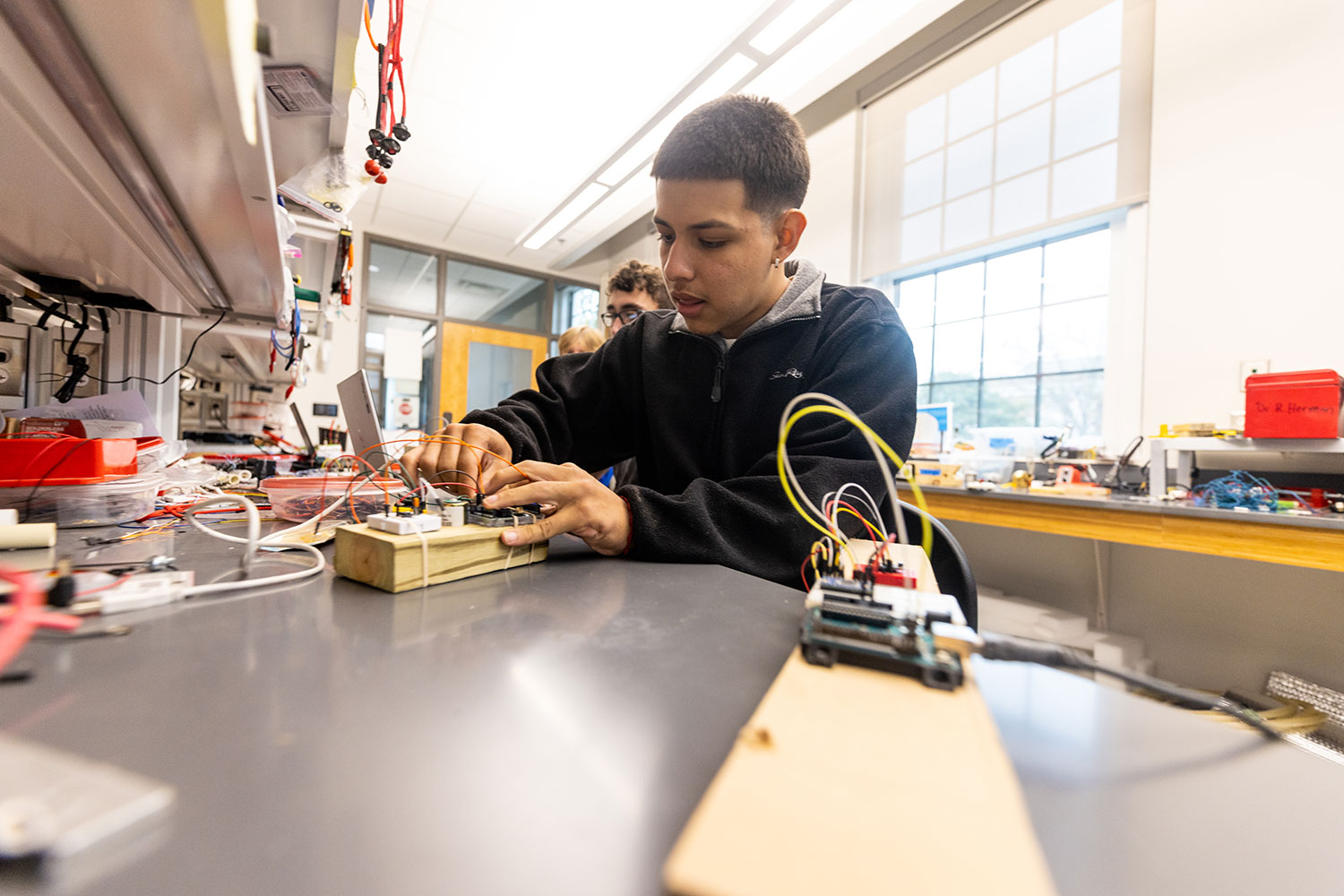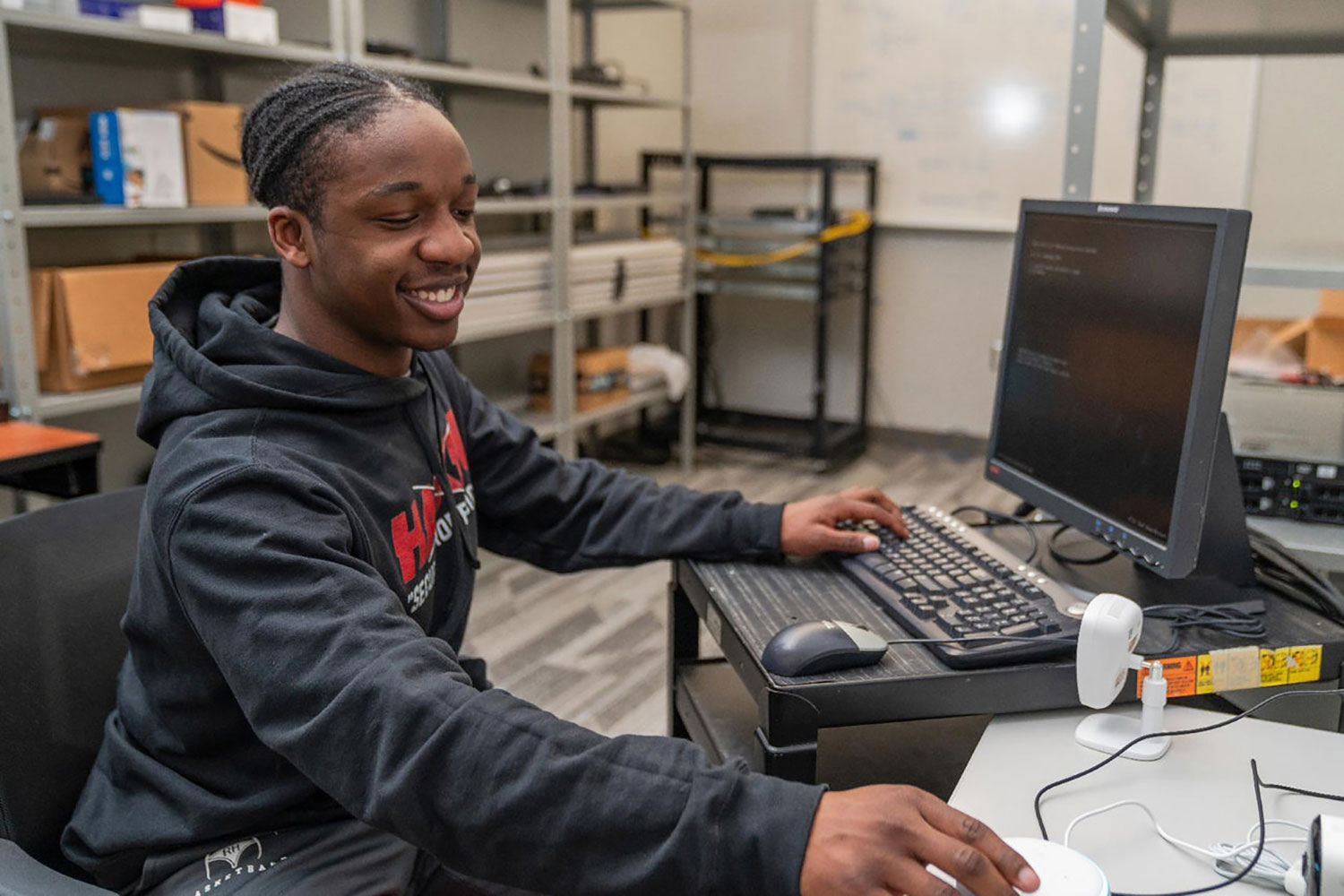Radford University
Artis College of Science and Technology
Innovation and Discovery
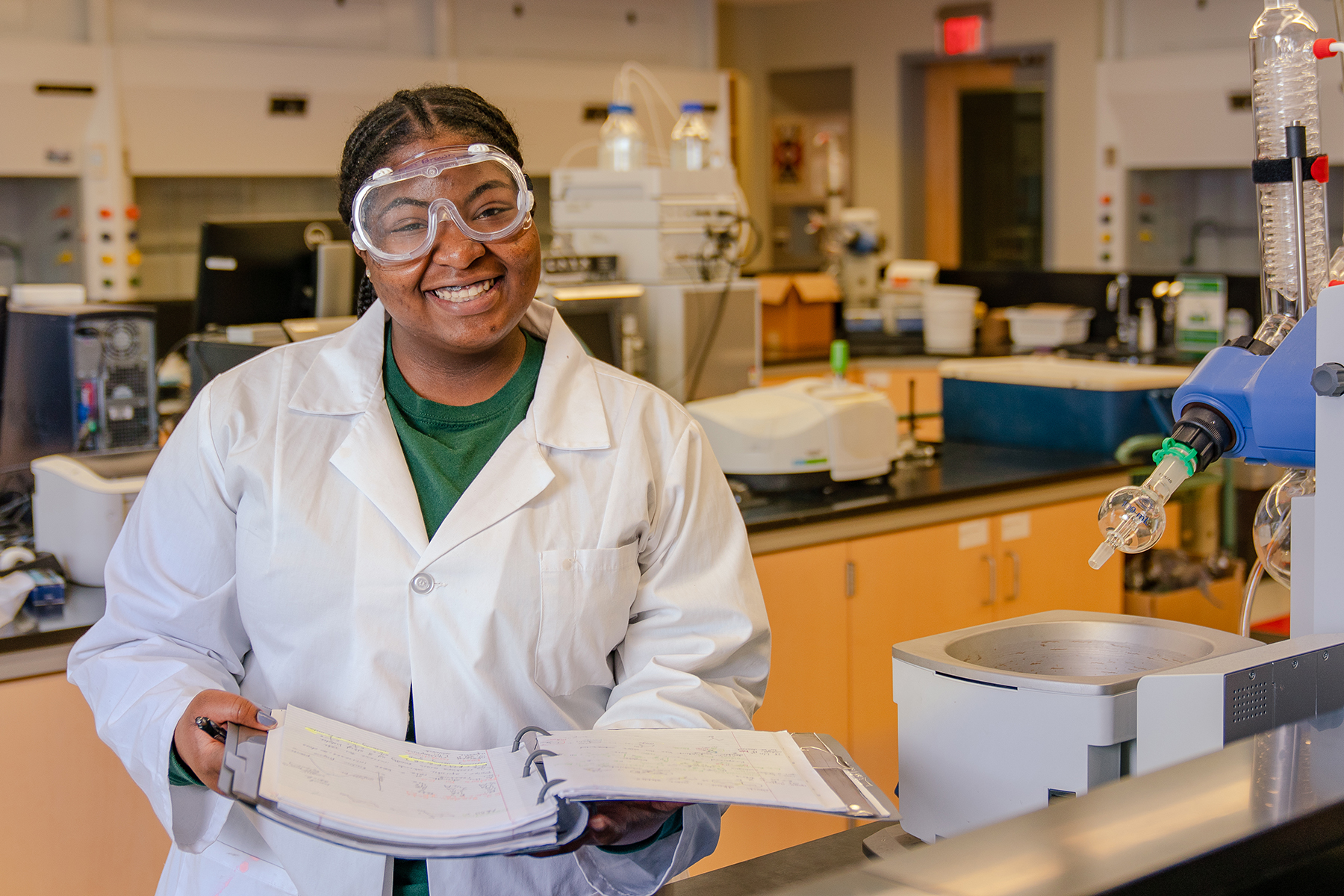
Breakthroughs in the science, technology, engineering and mathematics (STEM) fields are driving innovations that continuously transform our daily lives.
With this in mind, we prepare our students for successful careers in the STEM fields while actively engaging in real-world problem-solving.
Student Spotlight
Committees, Centers and Museums
The Artis College of Science and Technology at Radford University is home to a wide range of unique facilities that fosters curiosity, discovery, and practical experience across multiple scientific disciplines.
Academic Programs and School
News
-
Highlanders in the News: Week of Sept. 12, 2025
September 12, 2025
This week: A look at senior Will Justice’s recent seaside studies; Radford’s Professional Accelerated Cyber Education (PACE) program gets a profile; and Professor of Biology Karen Powers delves into one of the biggest hazards facing airborne birds.

-
Geospatial science student’s research branches out to Zambia
September 9, 2025
Geospatial Science major Kiara Bartoli spent the summer in Zambia working on a project aimed at reconstructing the history of precipitation in sub-Saharan Africa.
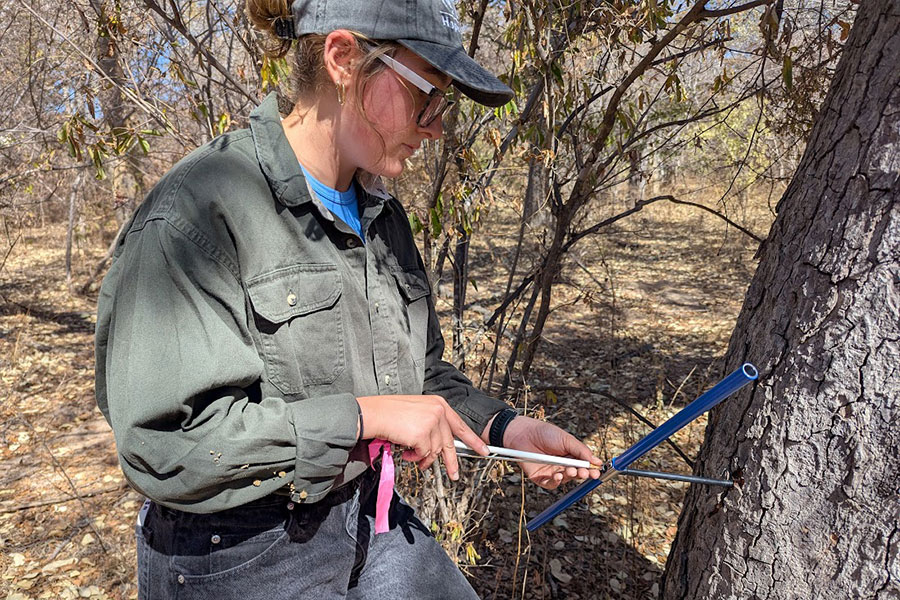
-
Highlanders in the News: Week of Aug. 28, 2025
August 29, 2025
This week: Radford University and the City of Radford host their second community fest; Associate Professor of Economics Can Dogan weighs in on AI as a student tool; and Professor of Anthropological Sciences Jake Fox considers the broader future of data centers.

